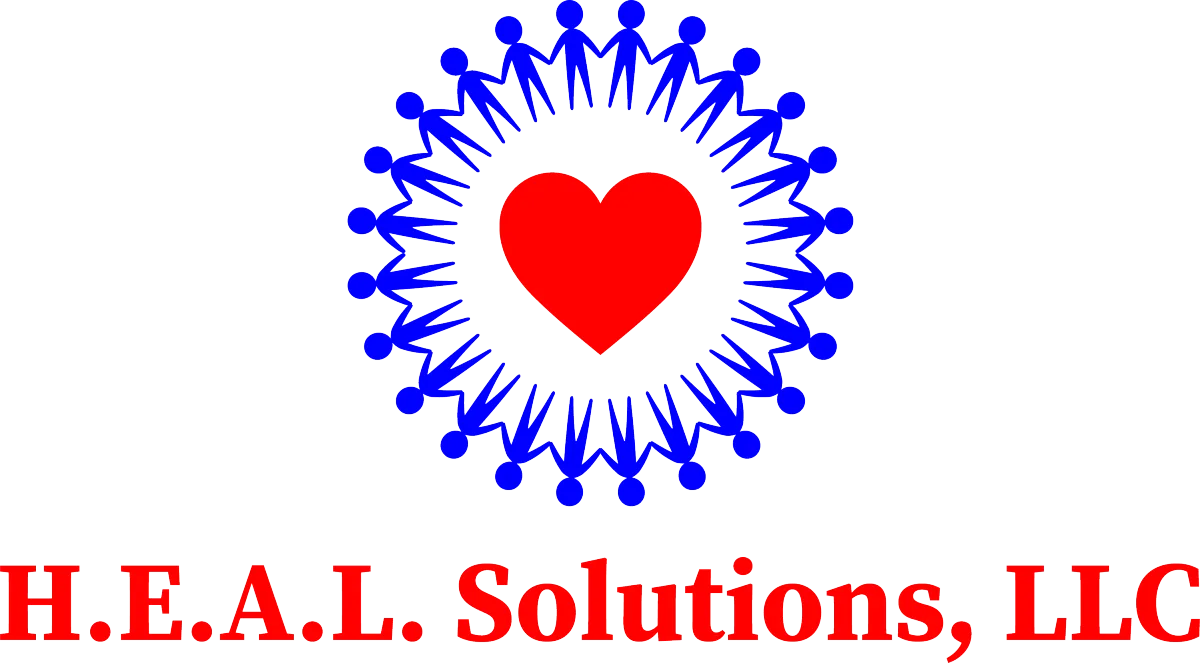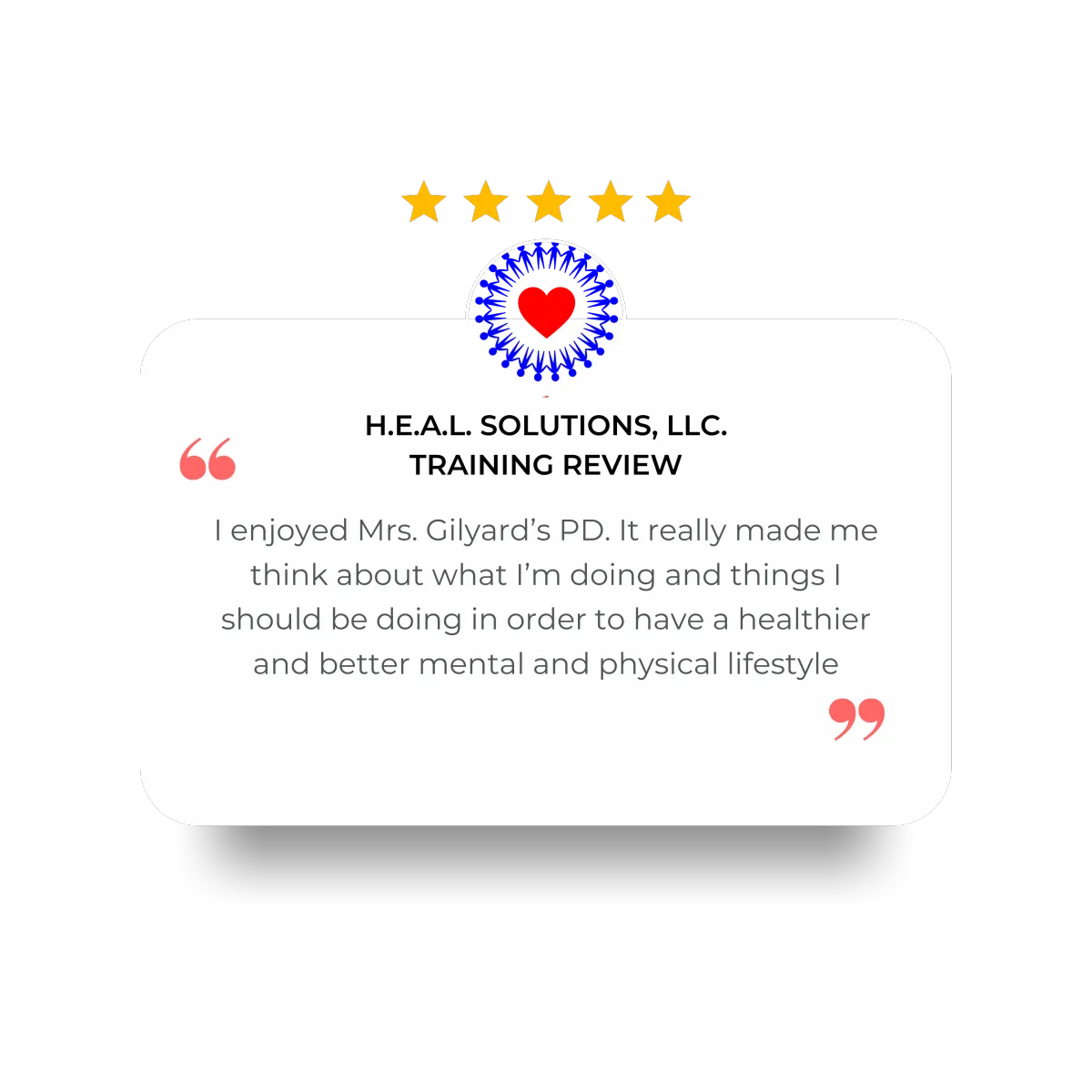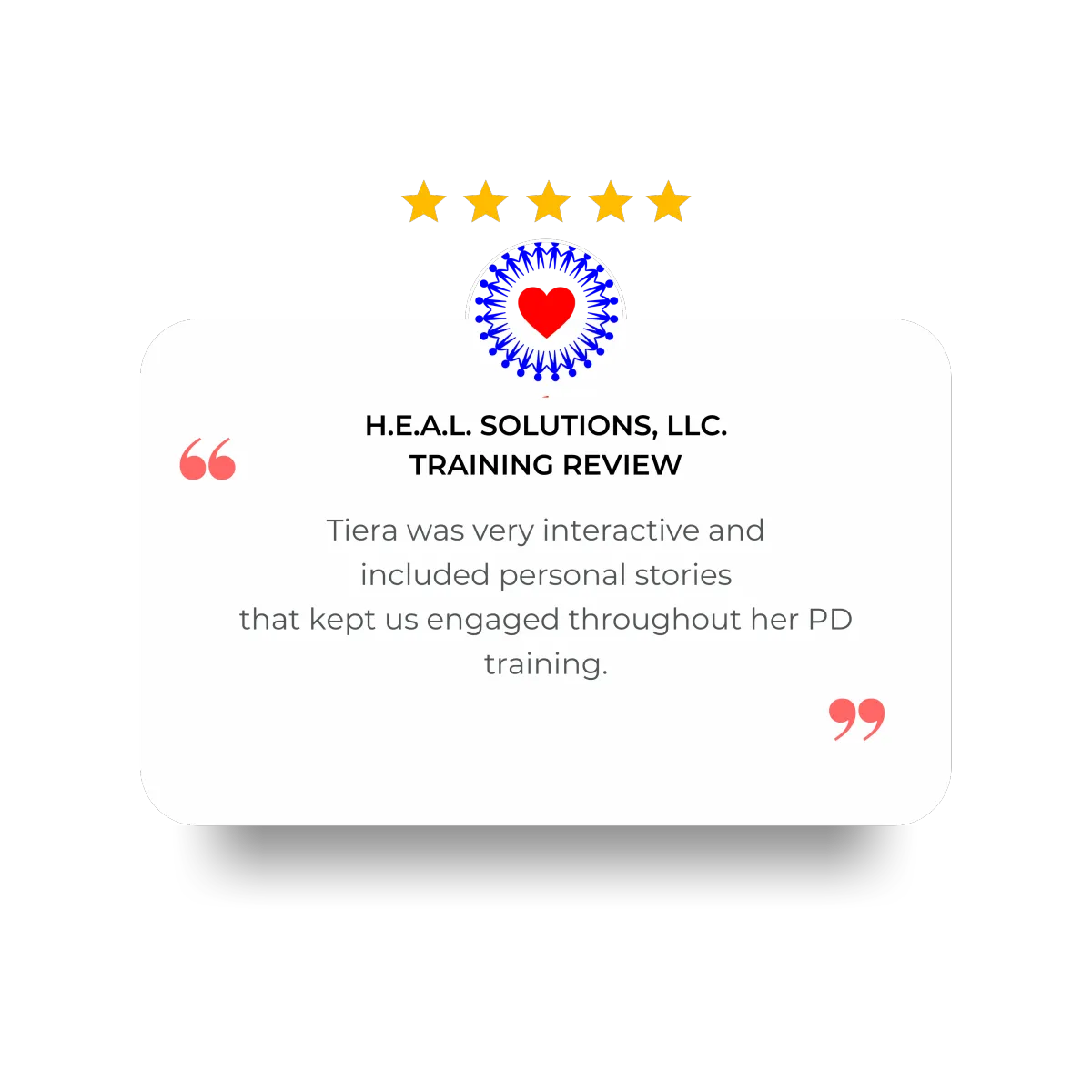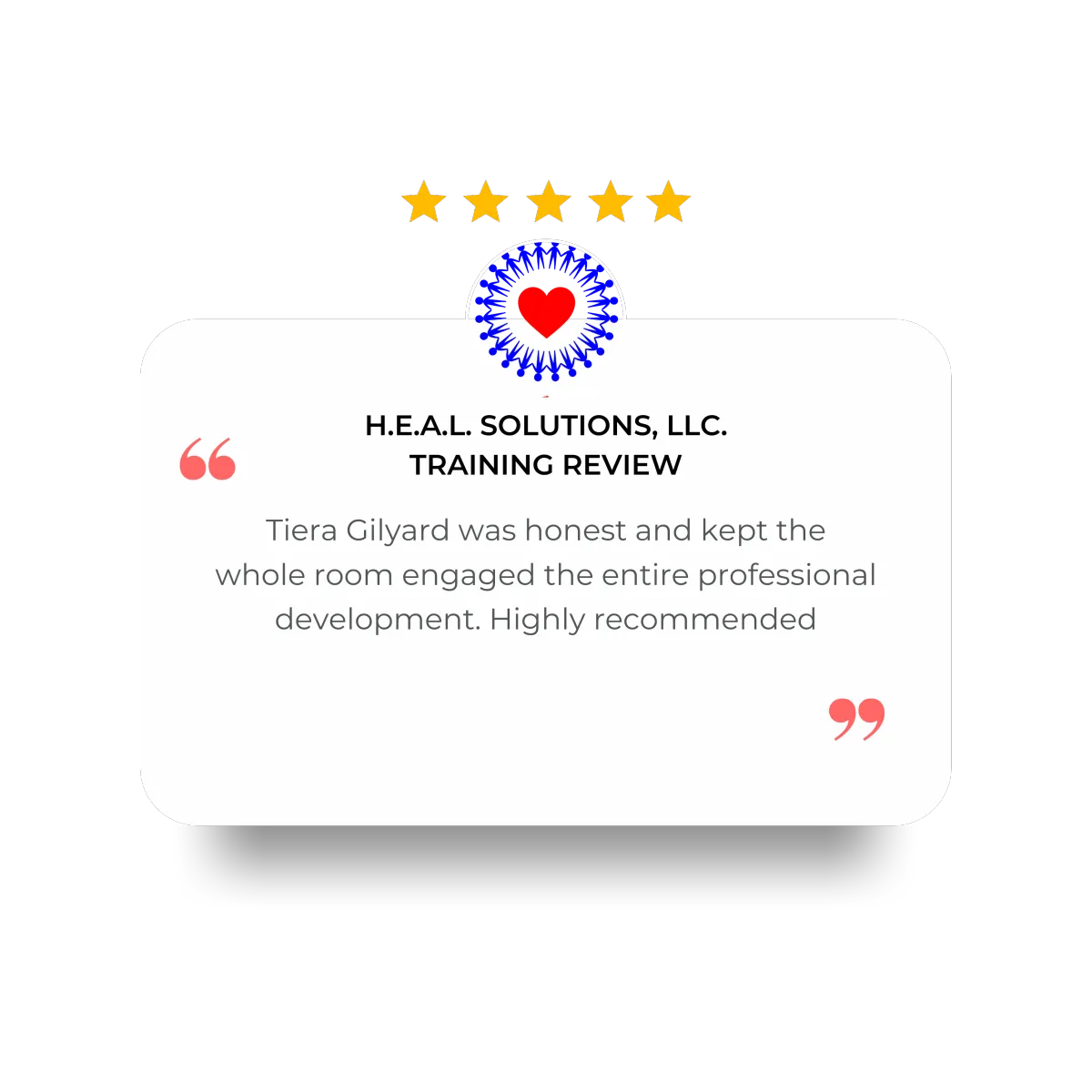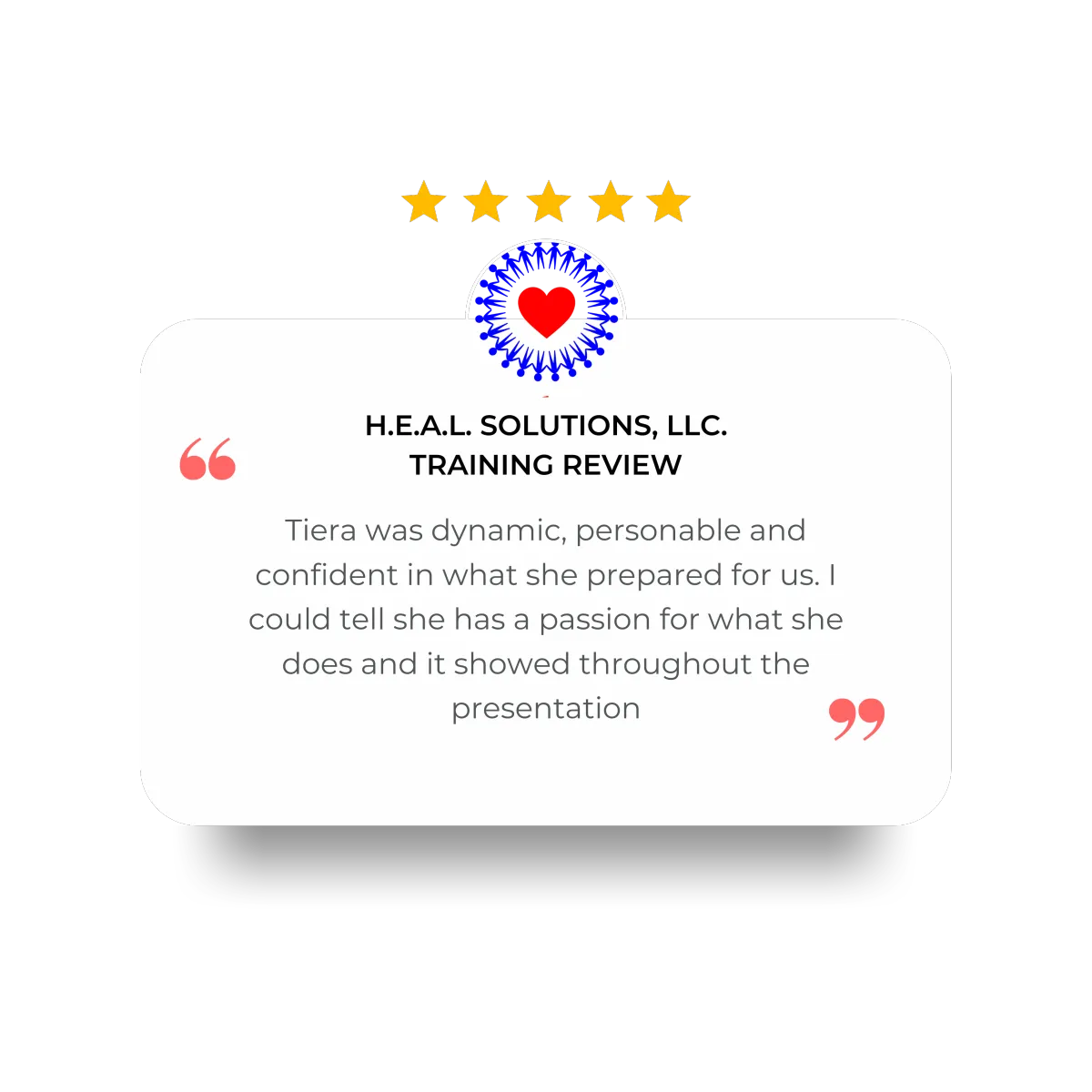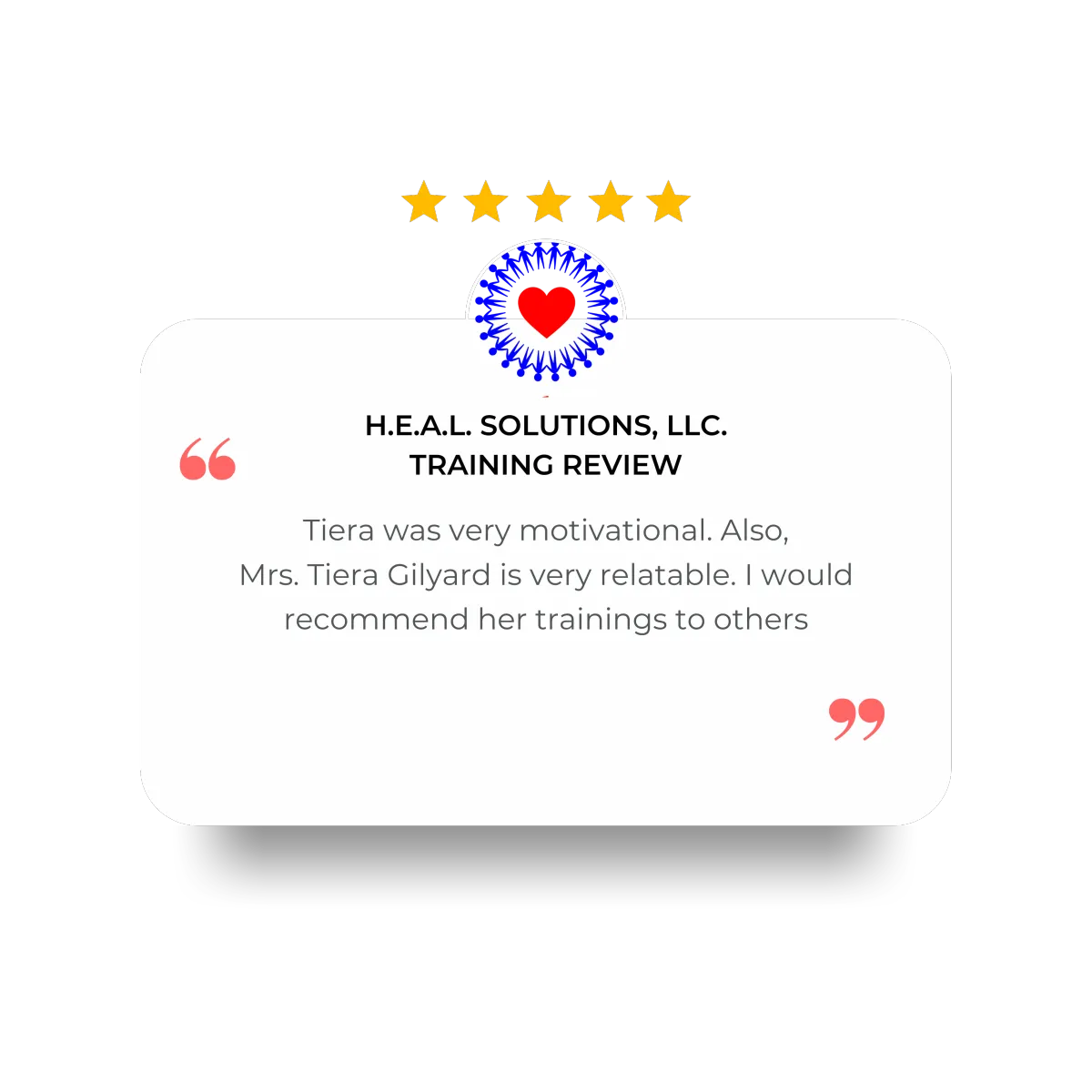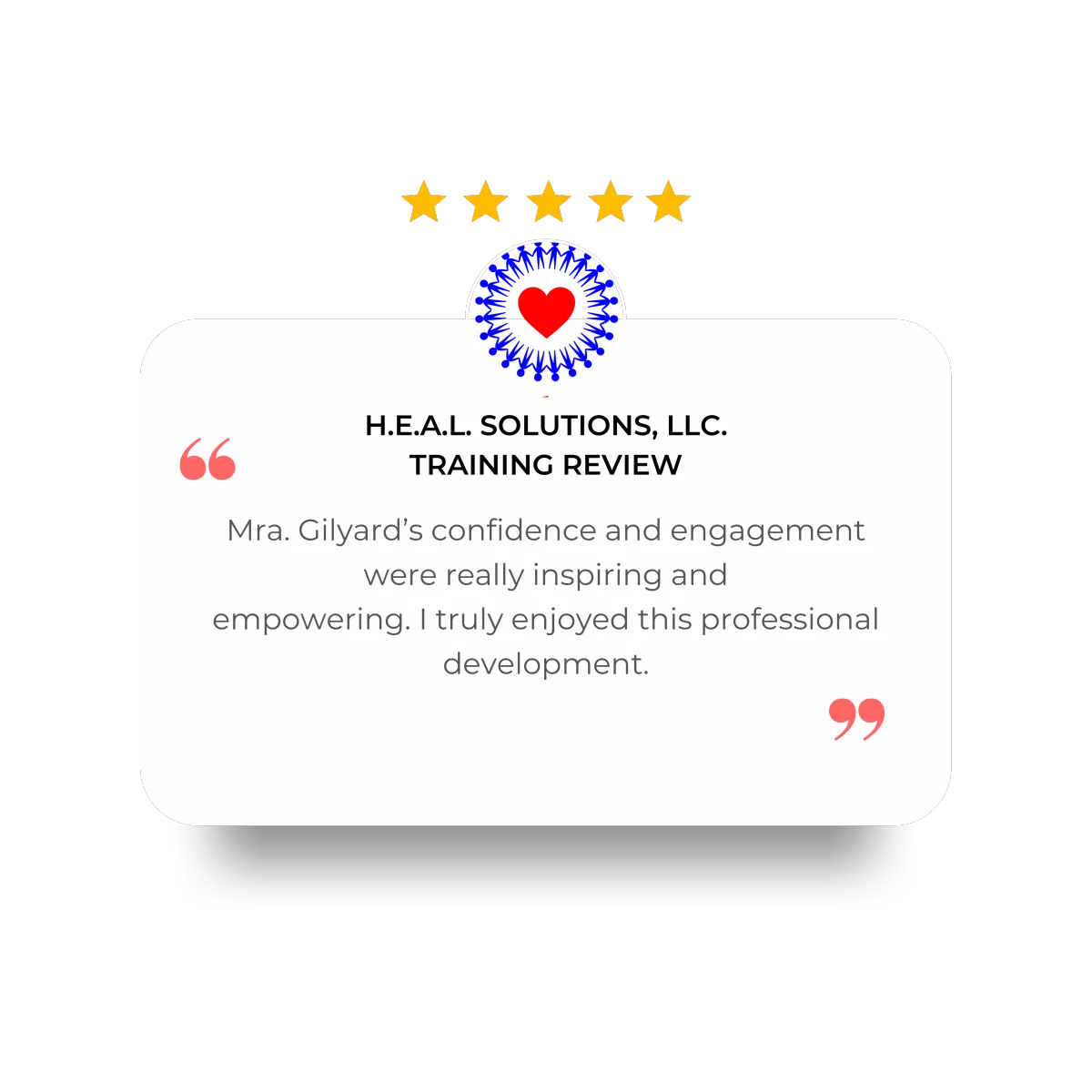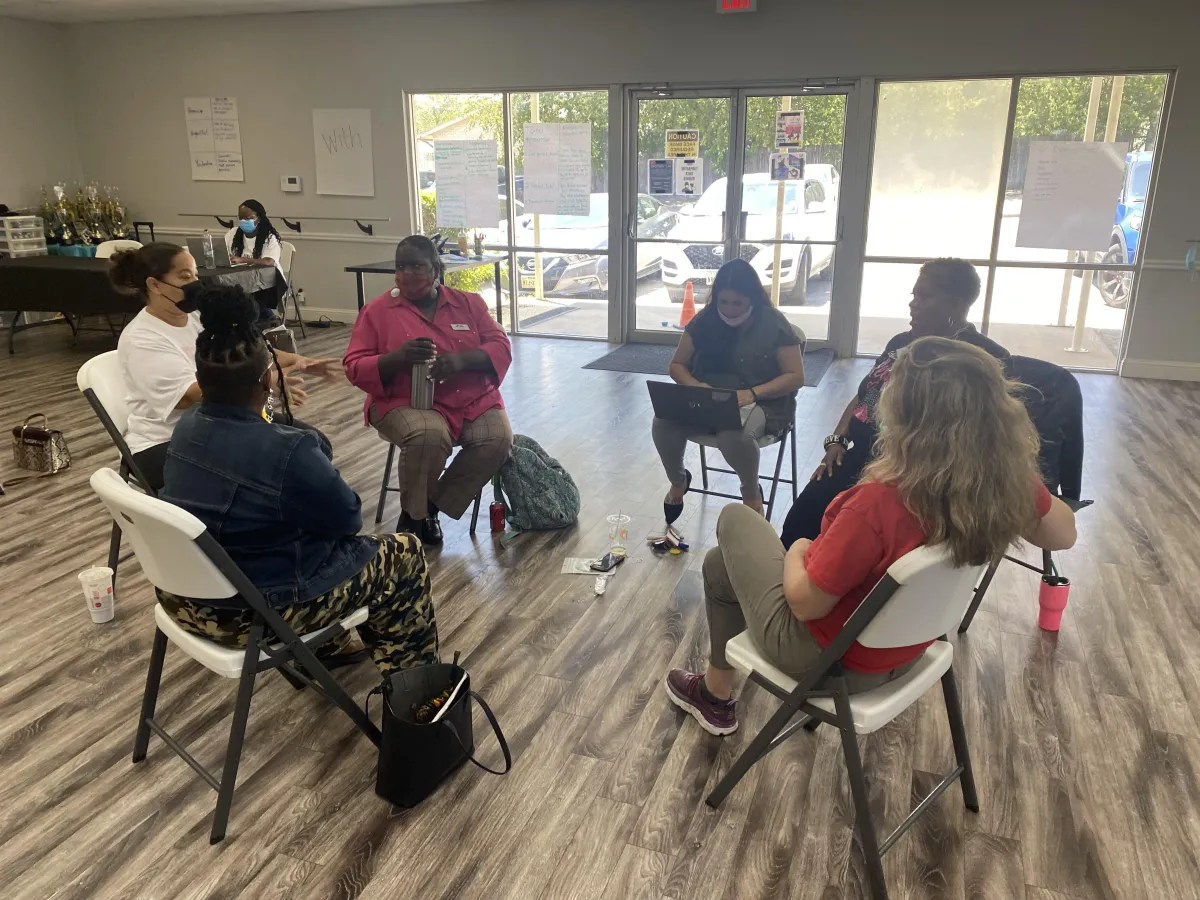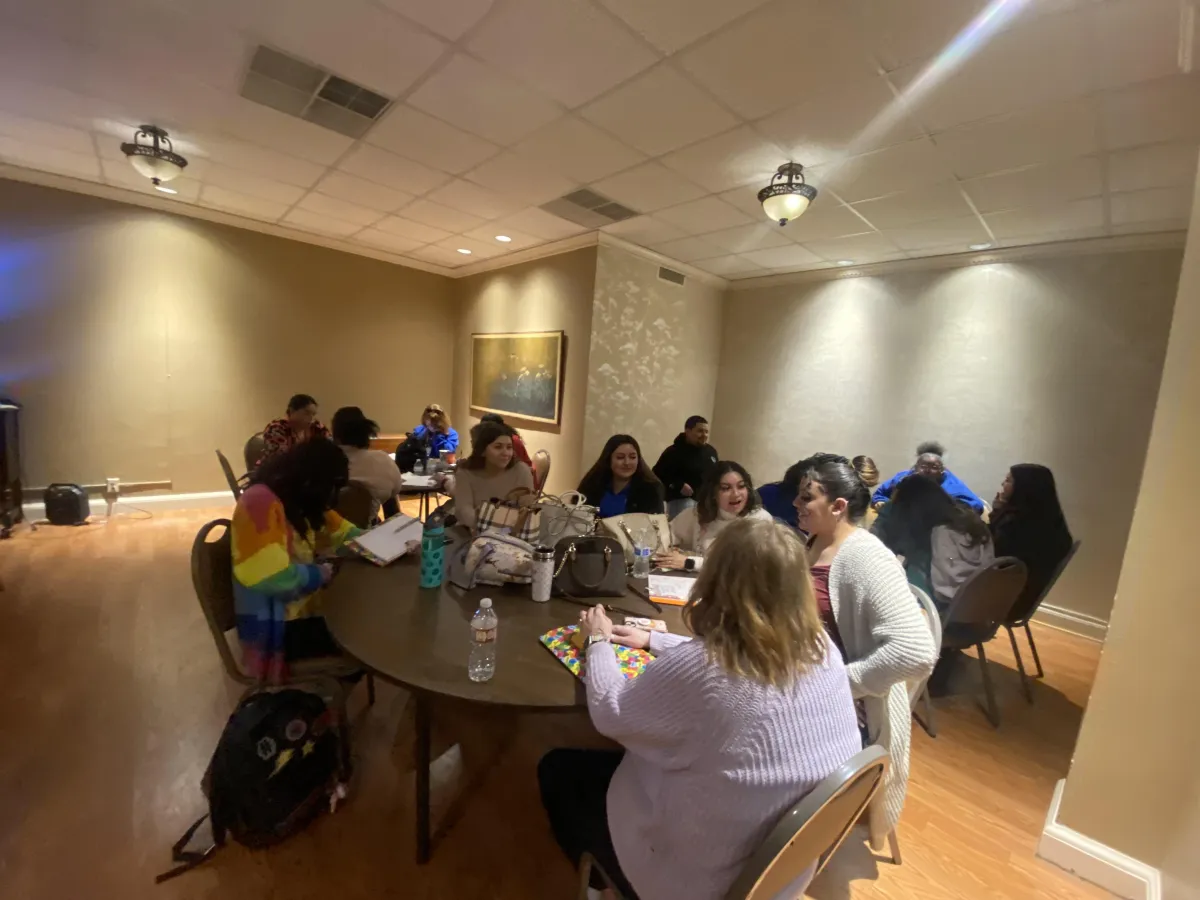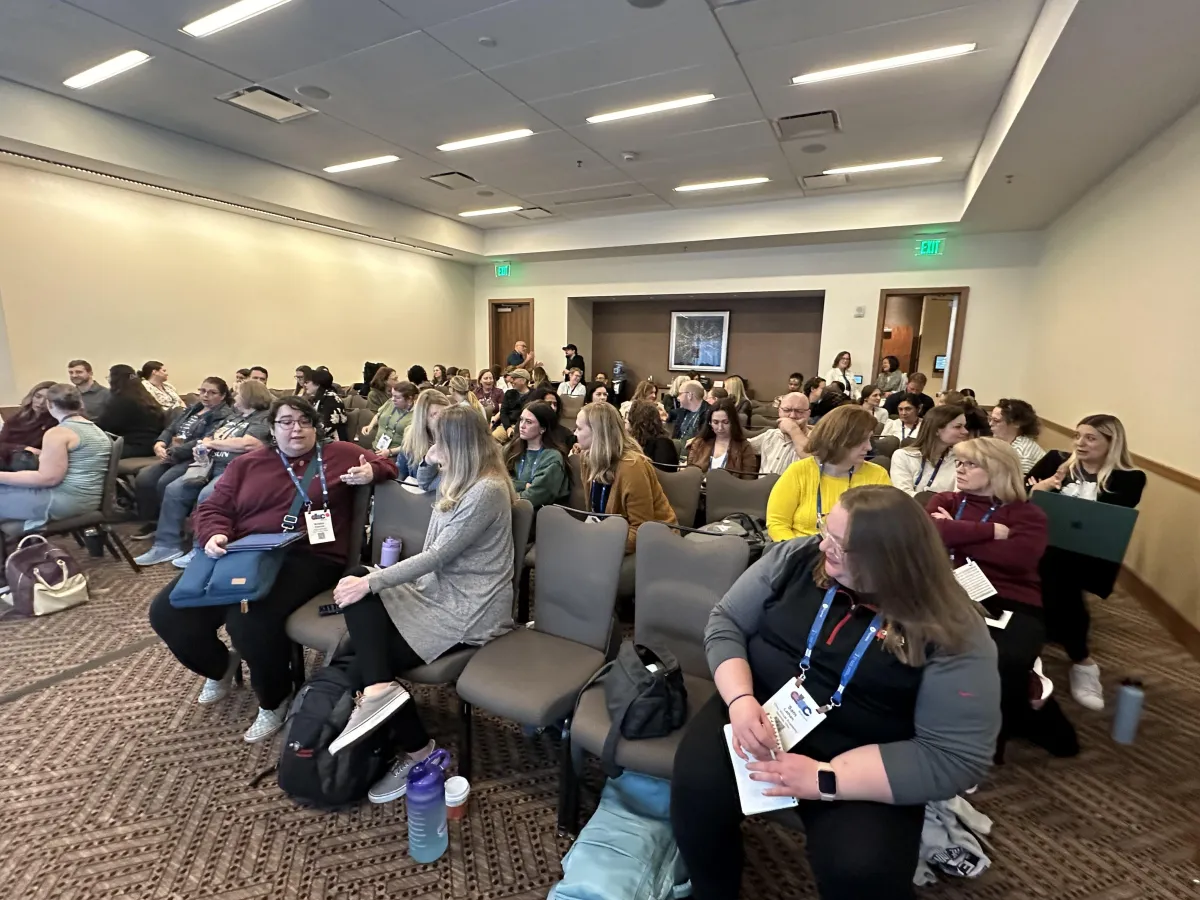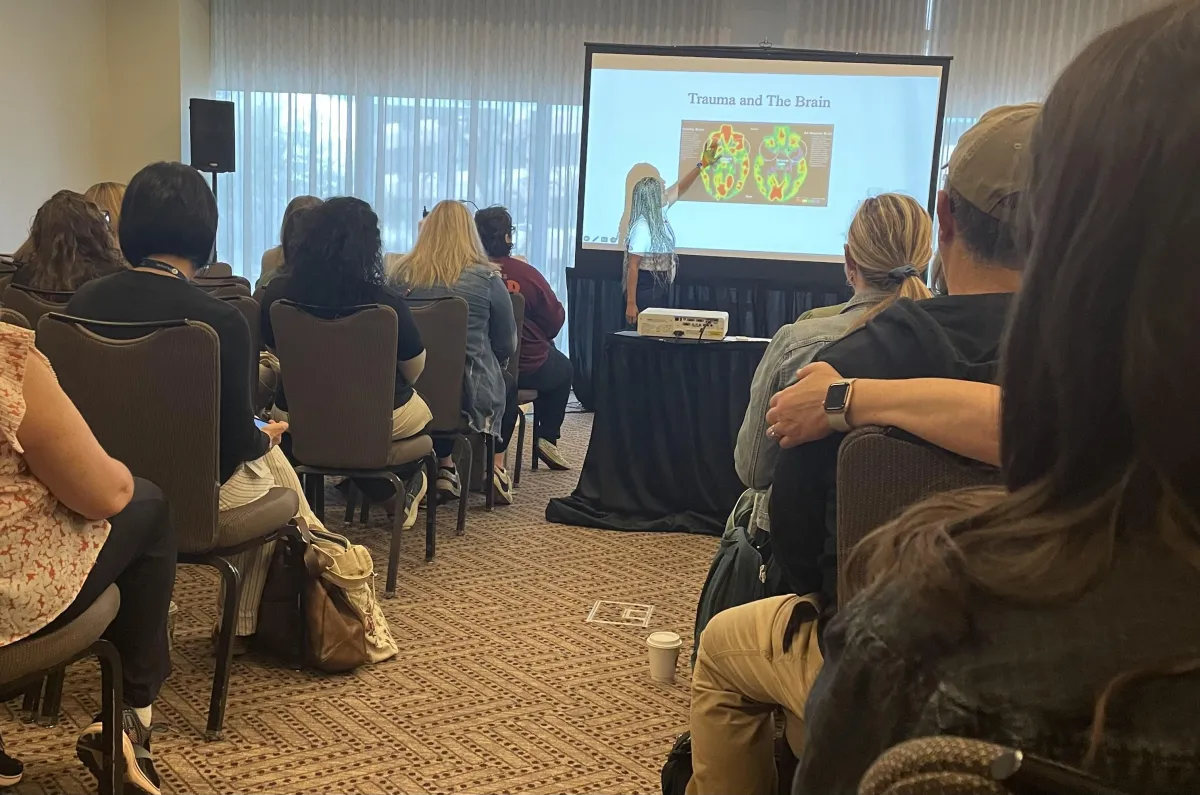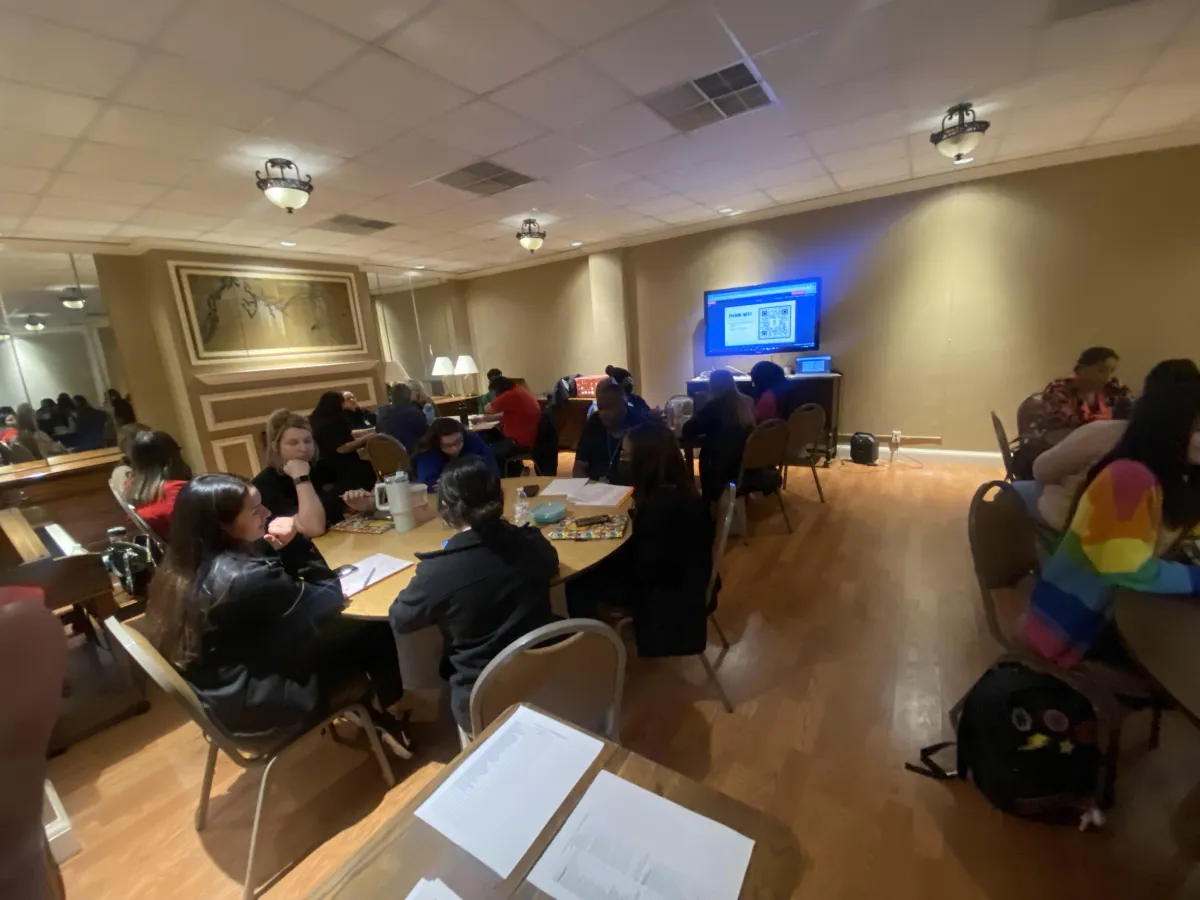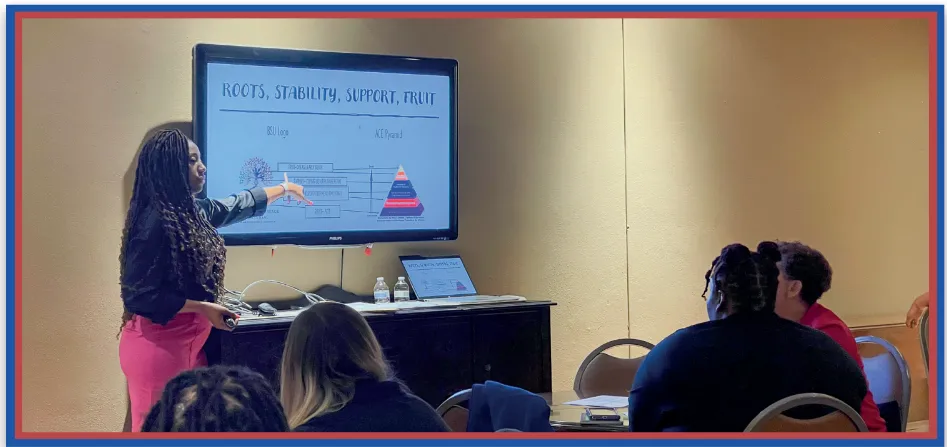H.E.A.L Solutions, LLC.
H.E.A.L Solutions, LLC.
PROFESSIONAL DEVELOPMENT
PROFESSIONAL DEVELOPMENT
Deeply Rooted
Define Adverse Childhood Experiences
This training is for adults who desire to learn more about trauma and/or adverse childhood experiences in their own lives and how it affects their behaviors. We will discuss how DNA changes and how the brain is affected by trauma and how we pass it onto the next generation. During this training we will also learn what adverse childhood experiences are and each participant will take the ACE assessment. *Please keep in mind that you may get triggered in this training. But in order to heal from it, we must address it.
By the end of the training the participant will begin the healing process from their personal background of adverse childhood experiences and how it affects their behavior. *We will also discuss how trauma affects a student in the classroom.
It Starts With US!
Self-Care For Educators
Social and emotional health is important for the educator. Especially the educator who teaches students who have been affected by trauma. In this session we will discuss the importance of taking care of yourself as an educator as you empower students who are experiencing adverse childhood experiences. We will discuss how to implement and integrate wellness and self-care into your staff’s personal and professional lives.
By the end of the training the teacher will know the why behind the importance of self-care when teaching students with ACEs.
TIE Practices Training
Define Trauma Informed Practices
This training is an overview of how trauma looks in the classroom. Participants will learn how to look beyond the behavior to find and treat the stressor instead of using traditional consequences. This training will educate participants on how to implement trauma informed practices, improve discipline policies and build student resilience for educational outcomes.
By the end of the training the participant will be able to implement trauma informed practices in their classroom and school setting.
Social and Emotional Learning
Define Social and Emotional Learning
This training will teach you how to implement social & emotional learning into your classrooms and overall school. We will discuss practices you can
use to build school culture and community. We will define each SEL (the CASEL 5) and what it looks like from all aspects of your school or
organization.
By the end of the training the participant will be able to identify each SEL competency and know how to apply it to their lives and the culture of the school with the practices added to it.
Social and Emotional Learning
Define Social and Emotional Learning
This training will teach you how to implement social & emotional learning into your classrooms and overall school. We will discuss practices you can
use to build school culture and community. We will define each SEL (the CASEL 5) and what it looks like from all aspects of your school or
organization.
By the end of the training the participant will be able to identify each SEL competency and know how to apply it to their lives and the culture of the school with the practices added to it.
Deeply Rooted
Define Adverse Childhood Experiences
This training is for adults who desire to learn more about trauma and/or adverse childhood experiences in their own lives and how it affects their behaviors. We will discuss how DNA changes and how the brain is affected by trauma and how we pass it onto the next generation. During this training we will also learn what adverse childhood experiences are and each participant will take the ACE assessment. *Please keep in mind that you may get triggered in this training. But in order to heal from it, we must address it.
By the end of the training the participant will begin the healing process from their personal background of adverse childhood experiences and how it affects their behavior. *We will also discuss how trauma affects a student in the classroom.
It Starts With US!
Self-Care For Educators
Social and emotional health is important for the educator. Especially the educator who teaches students who have been affected by trauma. In this session we will discuss the importance of taking care of yourself as an educator as you empower students who are experiencing adverse childhood experiences. We will discuss how to implement and integrate wellness and self-care into your staff’s personal and professional lives.
By the end of the training the teacher will know the why behind the importance of self-care when teaching students with ACEs.
TIE Practices Training
Define Trauma Informed Practices
This training is an overview of how trauma looks in the classroom. Participants will learn how to look beyond the behavior to find and treat the stressor instead of using traditional consequences. This training will educate participants on how to implement trauma informed practices, improve discipline policies and build student resilience for educational outcomes.
By the end of the training the participant will be able to implement trauma informed practices in their classroom and school setting.
Mental Health
Informed Practices
Define Mental Health Informed Practices
This training will teach you how to address and identify the mental health needs of a student in the classroom. This training will give an overview of how mental health illnesses present themselves in children and adolescents,
in the classroom. Participants will learn interventions and strategies to help their students find success in the educational setting while living with a mental illness.
By the end of the training the participant will be able to apply mental health informed practices to their classroom to assist students in a successful educational outcome.
Restorative Practices
Self-Care For Educators
This training will teach your staff how to build community and relationships in the workplace. This training will also provide a system in which your staff can learn how to deal with conflict in a healthy manner. This training also allows you to implement this at the student level and/or as making it a part of your school culture.
By the end of the training the participant will be able to facilitate a reactive circle and proactive circle to maintain peace and family-oriented culture at the workplace.
It Takes A Village
Family Engagement
This training will teach you the importance of family and community relationships. Families are foundational to student academic success. You will learn how to bridge your school and families together to allow them to be
an extension of your school community and culture by inviting them to be a part of your team.
By the end of the training the participant will value relationships with families and be able to bring families to come alongside as a partner to empower and educate their students and help them be successful in the classroom.
Mental Health
Informed Practices
Define Mental Health Informed Practices
This training will teach you how to address and identify the mental health needs of a student in the classroom. This training will give an overview of how mental health illnesses present themselves in children and adolescents,
in the classroom. Participants will learn interventions and strategies to help their students find success in the educational setting while living with a mental illness.
By the end of the training the participant will be able to apply mental health informed practices to their classroom to assist students in a successful educational outcome.
Restorative Practices
Self-Care For Educators
This training will teach your staff how to build community and relationships in the workplace. This training will also provide a system in which your staff can learn how to deal with conflict in a healthy manner. This training also allows you to implement this at the student level and/or as making it a part of your school culture.
By the end of the training the participant will be able to facilitate a reactive circle and proactive circle to maintain peace and family-oriented culture at the workplace.
It Takes A Village
Family Engagement
This training will teach you the importance of family and community relationships. Families are foundational to student academic success. You will learn how to bridge your school and families together to allow them to be
an extension of your school community and culture by inviting them to be a part of your team.
By the end of the training the participant will value relationships with families and be able to bring families to come alongside as a partner to empower and educate their students and help them be successful in the classroom.
